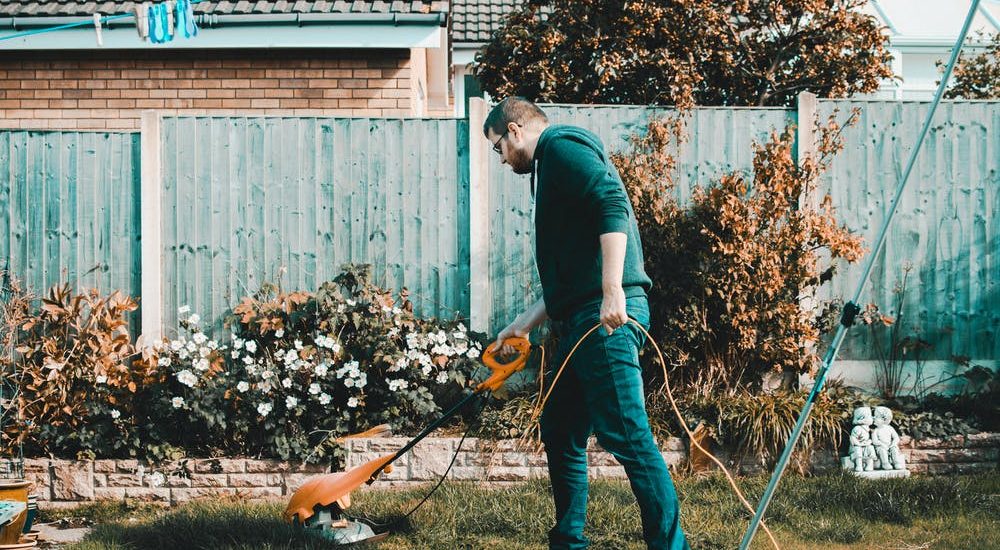Are you struggling with depression? Perhaps uncertain times during quarantine have triggered anxiety. Finding an outlet for your anxiety can be one of the best steps towards healing. Spending time in nature, such as taking up an outdoor activity like gardening, has been proven through scientific research to benefit mental and physical health.
From reducing stress, fear, and anger, to alleviating high blood pressure and muscle tension, there are many tangible mental health benefits that gardening can offer you. If you are feeling blue, maybe immersing yourself in green is the solution.
1. Connect to the Earth
Connecting to the earth, to what you eat, and to the world around you can be highly therapeutic for your mental health. If you don’t have the right space or growing conditions for an outdoor garden you may consider an indoor hydroponic system. Although they take some research to ensure plants receive the needed nutrients and have the correct PH, hydroponic systems have many advantages as well.
They are soil-free, can be grown inside, and give you more control over the growing conditions, nutrients, and PH levels. Hydroponic systems work well for plants that only grow outside seasonally. Many different plants, including herbs, leafy greens, and strawberries, grow well under these conditions. Refer to www.hydroblossom.co for extensive information on all things hydroponics and the top equipment for hydroponic systems on the market today. This can help get you started on growing your own plants and connect to the earth all year round.
2. Reduce Stress
Planting a garden, whether inside or out, has proven to be a stress reducer. Being outside in the sun can be a great way to improve your mood. The fresh air and Vitamin D have a way of nourishing your health. Having your own space of natural beauty, from plants and flowers to the sounds of the outdoors, can encourage meditation, reflection, and relaxation. What’s even better than just being outside? Pouring effort and love into growing your own plants.
3. “Shinrin-Yoku”
“Shirin-yoku” is a Japanese expression, which translates to “forest bathing,” capturing the essence of being immersed in green. There is an increasing amount of research that shows that spending time in natural landscapes is beneficial. Spending time in a green area, or simply looking at a green landscape, has tangible benefits. From jump-starting your creativity to boosting your immunity, healing through forest bathing has proven to have significant psychological, as well as physical benefits. That is to say, spending time gardening can replicate these effects for you.
4. Boost Self-Esteem
Learning a new skill has a way of challenging the mind and inevitably boosting one’s self-esteem. Channeling your energy into a new hobby that uses your mind and your hands, such as gardening, can be highly therapeutic. As you spend time planting, nurturing, and harvesting your plants, you might just feel more aligned with the earth and feel a renewed sense of confidence in yourself.
5. Be Present
Practicing being mindful and present has many positive outcomes including greater control over emotions and reduced anxiety about the past and future. A garden can act as a sacred place where one can be fully present, tuning in to one’s senses and the surrounding environment. Hearing the songs of birds and the wind rustling through trees, smelling flowers, and seeing fresh rain on grass, feeling the soil with your hands… all of these elements are part of the experience of gardening. Awakening these senses while nurturing your plants can be extraordinarily centering and might be just the healing you are looking for.
And if you are still feeling down even after all of the gardening, don’t hesitate to reach out for professional help. Whether you are seeking a family therapist or another type of psychotherapy professional, there are many options. Browse through withtherapy.com for a therapist and set up an initial appointment to see if they are a good match for your needs. They have therapists who specialize in trauma, anxiety, depression, and more. Sometimes working with a mental health professional is the best way to work through stress, anxiety, and other challenges.

